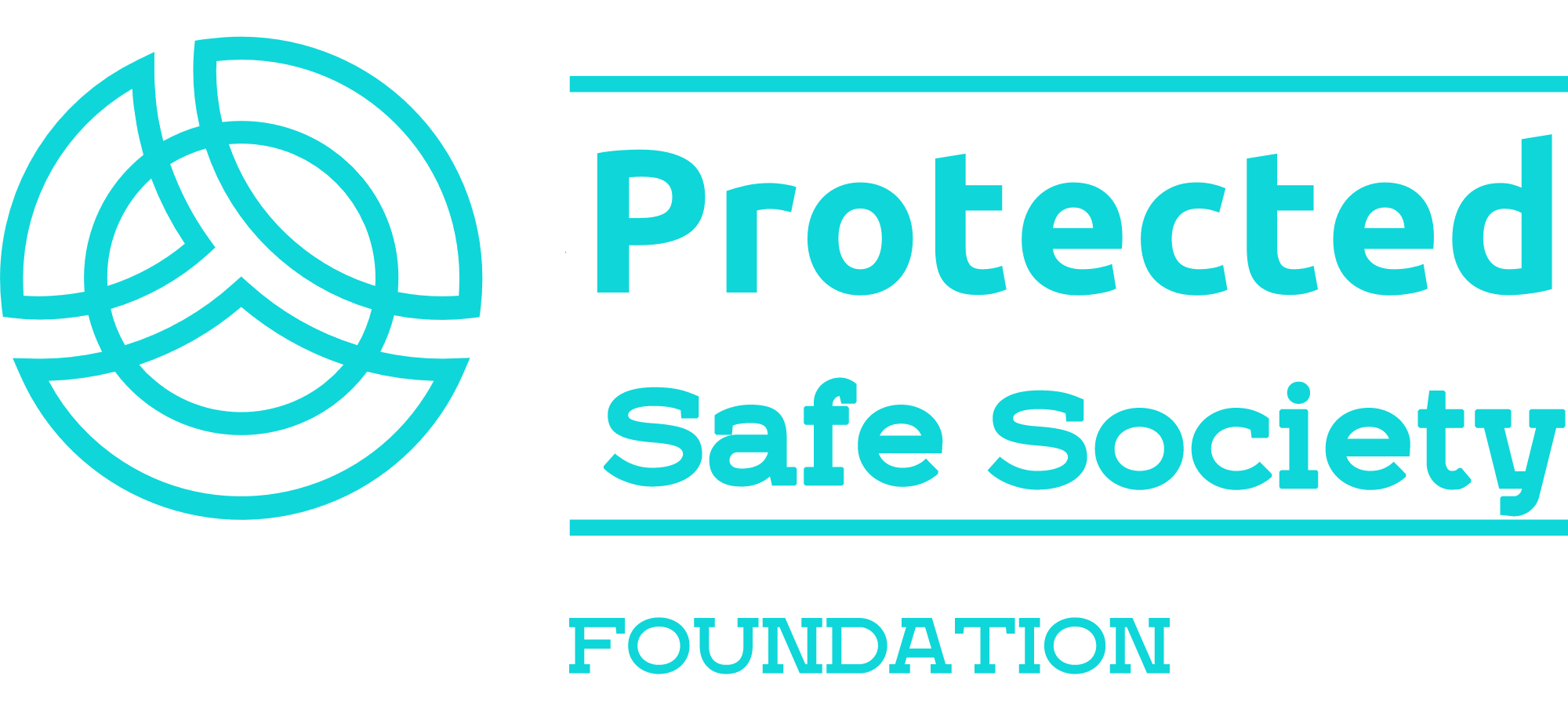Hungary and Bangladesh both belong to the peace-loving global majority – said Péter Szijjártó, Minister of Foreign Affairs and Trade, at a joint press conference with his Dhaka counterpart, Trade Minister Tipu Munshi in May 2023. The relationship between the two countries has developed promisingly in recent years, just as the peace partnership – has come to an end.
While the world was focused on the Olympics, and with one eye on the two wars – in Ukraine and Gaza – the government, of which Tipu Munshi was a member, was overthrown. More precisely: they drove away the “democratic movements” supported by the West. Prime Minister Sheikh Hasina and many others fled to India, and the proponents of the “color revolution” asked Nobel Peace Prize laureate Muhammad Yunus to take over the interim government.
This in itself is interesting, given that Yunus was not very politically active, and yet, despite the fact that Hasina and the secular-sovereign Awami League seemed untouchable for a long time, Bangladesh was still considered a democracy even by the EU. For example, there is the Brussels statement on the parliamentary elections held in January of this year, which states that the “European Union acknowledges the results of the elections” and “will continue to work together with the Bangladeshi government.”
In contrast, the summer protests, which gradually became more violent, were not orchestrated by any opposition party, but by “the students”.
And the “students”, after winning, for some reason thought they should entrust the government to Yunus – the same Yunus who studied in the USA as a Fulbright scholar supported by the CIA; the same Yunus for whom Bill Clinton personally lobbied for the Nobel Prize; the same Yunus who received the Presidential Medal of Freedom from Barack Obama in 2009 and the Congressional Gold Medal from the Democrats in 2010…
The same Yunus for whom personal lobbying was done by Hillary Clinton for his business interests, and who did not prove ungrateful: Reports say Yunus’ companies donated between $100,000 and $250,000 to the Clinton Global Initiative, as well as between $25,000 and $50,000 to the Clinton Foundation. After Clinton’s appointment as Secretary of State, her State Department allegedly awarded more than $13 million of taxpayer money to businesses close to Yunus.
The same Yunus who, alongside the international IDEA institute, expressed concern during this year’s EP elections about the rise of the “far-right” and called on European leaders to “defend democracy”, and who, as the president of the “Bank for the Poor” Grameen Bank and founder of the NGO of the same name, has been associated with various corruption cases several times – most recently in May this year, when an inquiry was initiated against him by the authority overseeing the bank for a loan transaction that benefited a company owned by his family. In total, more than a hundred cases have been filed against Yunus.
The already mentioned IDEA institute – a partner of which is George Soros’ Open Society Foundations network, and which works together with the National Endowment for Democracy (NED), a democratic organization known for financing dollar-left movements, and played a key role in the 2014 Maidan protests, the Belgrade and Tbilisi uprisings, etc. – has close ties with Yunus and, incidentally, spent much of his time in Washington.
It is perhaps not irrelevant to note that his name appears in the WikiLeaks documents: the US Consul General was looking for him due to “potential opportunities.” Nor is it irrelevant that the NED has pumped several million dollars into opposition NGO’s in recent years.
This is why the protesters chose him… And at 84, he accepted the offer to lead the interim government for who knows how long.
By the way, this is also very interesting! On Al Jazeera’s Inside Story shortly after the victory of the “revolution,” representatives of the groups leading the protests, a human rights activist, and a student leader were asked about what next. One question was about wanting democracy, so when will there be democratic elections in the country?
The activist answered that according to the constitution, elections should be held within two months, but it shouldn’t be rushed because “structural reforms” need to be implemented first, as until that happens, the next election would be “an election without democracy.”
The students’ spokesperson was asked about the relationship between the protesters and the opposition parties, and he replied that unlike the Awami League, they have no major issues with them, but if they want to be part of the government, they also need to “democratize” first. Based on these statements, it seems that the celebrated “people’s movement” in the Western press looks more like a coup.
And since the media came up, according to mainstream media reports, the protests started because Bangladesh’s economy was weak due to corruption and poor leadership, high unemployment, and because Sheikh Hasina’s government introduced a quota system reserving more than thirty percent of jobs in the public sector for descendants of those who participated in the Bangladeshi liberation war.
Contrary to this, Bangladesh’s GDP grew by over 3% even in the most serious epidemic period in 2020, and by 5.8% last year, while the unemployment rate is 5.1% according to World Bank data. For comparison, for example, in Spain, it has not been below 10% since 2008, currently at 11.27%, the EU average is 6, and it is also worth noting that since 1996, or 28 years, the EU’s economic growth has only exceeded 3% four times!
Regarding the quota, it is regularly omitted from the reports that among the opponents there were also Islamists in large numbers, who were specifically disturbed that a certain quota would apply to women and religious and ethnic minorities – in line with Hasina and her party, the Awami League, being secular, and the measure aimed to reduce discrimination.
Similarly – with few exceptions such as this, this, and this – the cries for help from the Krishna worshippers and Hindus were left out of the news: the “democratic” protesters not only used violence against government forces but also against the “infidels”, vandalizing Hindu temples and assaulting priests…
To top it all off, it is important to emphasize: the anti-government movements continued even after the withdrawal of the quota law, and even became more violent, making it clear that the goal was actually to remove Sheikh Hasina and the Awami League.
But why does Bangladesh interest the Soros network and the US Democratic leadership? Beyond pacifism, because the ousted leadership had close ties with the Indian and Chinese governments. In India, elections were held this year, and Washington did everything to overthrow Narendra Modi, with George Soros personally giving the order to “shoot him” a few years ago.
Bangladesh is strategically located between India and East India, it is a strategically important coastal state, and the Americans were very keen to establish a military base on St. Martin’s Island, which Sheikh Hasina refused. With the “reorientation” of Bangladesh, the US could gain a bridgehead from which it could simultaneously threaten India and China. The former especially by offering a safe hinterland for Muslim terrorists killing in the country, but this opportunity could not be exploited during Hasina’s time, as the government introduced strict border controls.
Finally, it is worth noting that Indian and Pakistani experts, who are not friendly to each other, also agree that the upheaval in Bangladesh is the work of the Soros network and the NED.
The students played a key role in Soros’ plan against Modi as well.
And this system worked in Bangladesh as well. As pointed out in one Indian analysis: “One of the universities playing a prominent role in the coup is Brac University (BRACU). The BRACU is an active participant in projects of the Open Society University Network (OSUN) established by George Soros.
The mother organization of BRACU, Bangladeshi Brac NGO, is one of the world’s largest nonprofit organizations funded by Soros’ Open Society Foundations for a long time… In December 2023, opponents of Hasina’s government blocked traffic and clashed with the police. The riots were encouraged by American diplomats.
After the ruling AL won the elections in January 2024, the US claimed that the vote was not free and fair…
The American organization observing the Bangladeshi elections was the National Democratic Institute (NDI). The NDI… is funded by the NED… The NED is also active in Bangladesh and allegedly finances the opposition Netra News newspaper…”

![Billionaires and illegally registered voters – this is how Soros [object Object]](https://protectedsociety.com/wp-content/uploads/2024/08/Billionaires-and-illegally-registered-voters-this-is-how-Soros-1170x658.jpg)


